Laura Mayo
Covenant Church
January 29, 2017
I wanted to be an RA. They had so much more fun than the GAs. For those of you who have no idea what I am talking about, in Southern Baptist Churches, Wednesday night programing for children is divided by gender: the boys are RAs: Royal Ambassadors and the girls are GAs: once Girls Auxiliary but Girls in Action by the time I was praying for long lists of missionaries on their birthdays. While learning about missionaries around the world did come with some interesting information about other cultures it just couldn’t compare with what the boys were doing - they were basically boy scouts with more bible and no popcorn sales.
Hearing each week about what my older brother did in RAs meant that I wanted to switch to his class but the real trouble came when I was finally old enough to go to camp. You see GA camp was at the same camp ground as RA camp - different weeks of course, so from my brother’s previous experience of two years, I knew what to expect: I knew about the canoeing and hiking up the mountain, I knew about the archery and the leather stamping, I knew they played some sort of game in a mud pit and I was ready. A few days into my first week of GA camp we had made necklaces and bracelets, learned to cross-stitch, and taken a short nature walk, I asked my counselor about the canoeing and hiking and archery and leather and mud. I was told in no uncertain terms that those activities were for the boys.
I threw a Royal fit as an Ambassador for all girls. Nothing changed about the camp but something shifted in me. I had alway been aware of a different standard - that my brother was expected to be a doctor or an engineer and I was asked if I wanted to be an artist or a teacher . . . I grew up hearing this passage not as we read it this morning – not with a word to the disciples about fishing for people, but rather that those men who are called by a man should go and fish for men.
You see the churches that raised me were fishing for men. Men who would pray and preach and take up the offering, men who would be our deacons and our adult school teachers. A penis was required to be used by God in any sort of public and official way in the churches that raised me.
You know because I have told you that the first woman I heard preach a sermon - now I had heard many women give “talks” - but the first woman I heard speak what was called and recognized as a sermon was me in Homiletics class in Divinity School. There were other women in the class, but I drew the short straw and went first.
It was while I was in Divinity School that I first heard the song, “Did Jesus Have a Baby Sister?” (Dory Previn). The music and the words gave expression to so much of the work I was doing to find my voice as a feminist, as a Christian, as a young woman looking for a place in a religious establishment that had never had a place for a woman like me.
The songs asks:
Did jesus have a baby sister? Was she bitter? Was she sweet? Did she wind up in a convent? Did she end up on the street?
Did jesus have a sister? Did they give her a chance?
Did he have a baby sister? Could she speak out?
Or was she told by mother Mary Ask your brother he's in charge . . .
Her brother's Birth announcement/Was pretty big While she got precious/Little notice In the local press . . .
Did she long to be the saviour Saving everyone . . .
And in private to her mirror/Did she whisper Saviourette? Saviourwoman? Saviourperson? Save your breath!
“Savior woman. Saviorette.” Does it matter what we call something? What if Jesus were called not Son of Man but the daughter of woman? Would it matter? What if a woman had walked along the sea calling names of those people fishing – what if she had said: come unto me Simone and Andrea and Jamie and Joanne, daughters of Zebedee? What difference would it make? What if instead of savior of the world it were Saviorette? What if the church for thousands of years performed its rituals in the name of the Mother, the daughter, and the Holy Spirit? Would it change things?
As more than 2.9 million people, mostly women, took to the streets for women’s rights, I can’t help but read today’s passage a little more differently. In much of the world, women are still identified solely in terms of their relationship to men. Issues of gender identities and sex roles are still crucial - are still affecting billions of women and girls. Sex trafficking, rape, incest, and domestic violence are some of the most obvious brutalities to which girls and women are exposed. And issues of masculine identities and expectations are still inhibiting full actualization of men and boys-still forcing young men into roles defined by power and threat - by violence.
The violence of patriarchy is deeply entrenched in the dominant telling of the Jesus story - a story often told this way: a judging angry Father God sacrifices his one and only son as payment for the sin debt of all people. A sin debt created by the very first woman. Would this story of human sacrifice - the father’s sacrifice of a son, an heir - would it have been any different if it had been a mother and daughter? It’s hard to imagine. Starting from the birth of the baby in Bethlehem, it’s hard to imagine how different the story would be if Jesus had been a woman.
And yet, I wonder. If our religious narrative were told as the story not of Abraham, Isaac, and Jacob but of Sarah, Rebecca, and Rachel; not of a Father who sacrifices a son but of a woman cloaked in sexual scandal laboring to bring new life, a promise of peace into the world . . . would we be in a different place? Surely there would be more female clergy but what about the dominant way Christianity seems to be lived out?
As much as I would like to suggest that if Jesus were a woman, the world would be a better place, the text won’t let me. After all, Jesus was a refugee and yet thousands of people who claim to be Christians want a wall, want refugees kept out, want immigrants turned away. Jesus held up a Samaritan, a person of a different religion as the best example of the way to be a neighbor - the way to follow the most important commandments of God and yet many who claim to follow those same commandments support a ban against Muslims entering our country. Jesus’ skin was brown, likely dark brown, and yet thousands of men who look like Jesus did are locked away in prisons, shot in the street, not hired. Jesus was radical in his welcome - his welcome of women, of outcasts, of those the dominant society excluded and yet thousands who claim to follow Jesus reject and exclude people they don’t understand, don’t want to understand, cannot open themselves to see.
We know from the Gospels that there were women disciples, that women often funded the Jesus movement, we know that they were involved in every aspect of Jesus’ ministry (read Luke 8).
But have you ever seen a painting of Jesus where there are several women with Him? I never have. Even in the movies, when Jesus is teaching His disciples, or they are going to heal someone, or they are traveling down the road together, there are never any women with them. Sure, when Jesus is feeding the multitudes, or speaking to the crowds, there are always women among the throngs of people, but when Jesus is speaking just to disciples, or when Jesus and the disciples are crossing the Sea of Galilee, all you ever see are men.
Rebecca West who said, “People call me a feminist whenever I express sentiments that differentiate me from a doormat or a prostitute” also said, “Feminism is the radical notion that women are disciples too.”
Jesus challenged the conventional patriarchy of his culture. Jesus depended upon the ministry of women: he was ministered to by women and he ministered alongside women. Jesus was a refugee. His skin was dark brown. He was surrounded by women and men as he went about including those who had been excluded. He calls to us now, Come Follow Me.
Can we look in the mirror and see ourselves as called, as Savior, as Saviorette? God knows we must. There is too much saving to do - it is going to take all of us. I am a Christian because I find inspiration in the teachings and the doings of Jesus. The title Christian is being used in ways that don’t represent me or, frankly, Jesus’ ministry but I am not willing to give it up. They can have RAs. They can keep GAs too. What they can't have is Jesus. They can't keep Christianity all to themselves deciding what it means. They can't control who the disciples were and they certainly can't control who the disciples are now. This is about so much more than who Jesus was, it's also about who we are and how we see ourselves as following - as doing and being and bringing radical inclusive love.
I pray this day that we will each look in the mirror and see and hear the calling that is meant for each of us. Savior. Saviorette.
Amen.
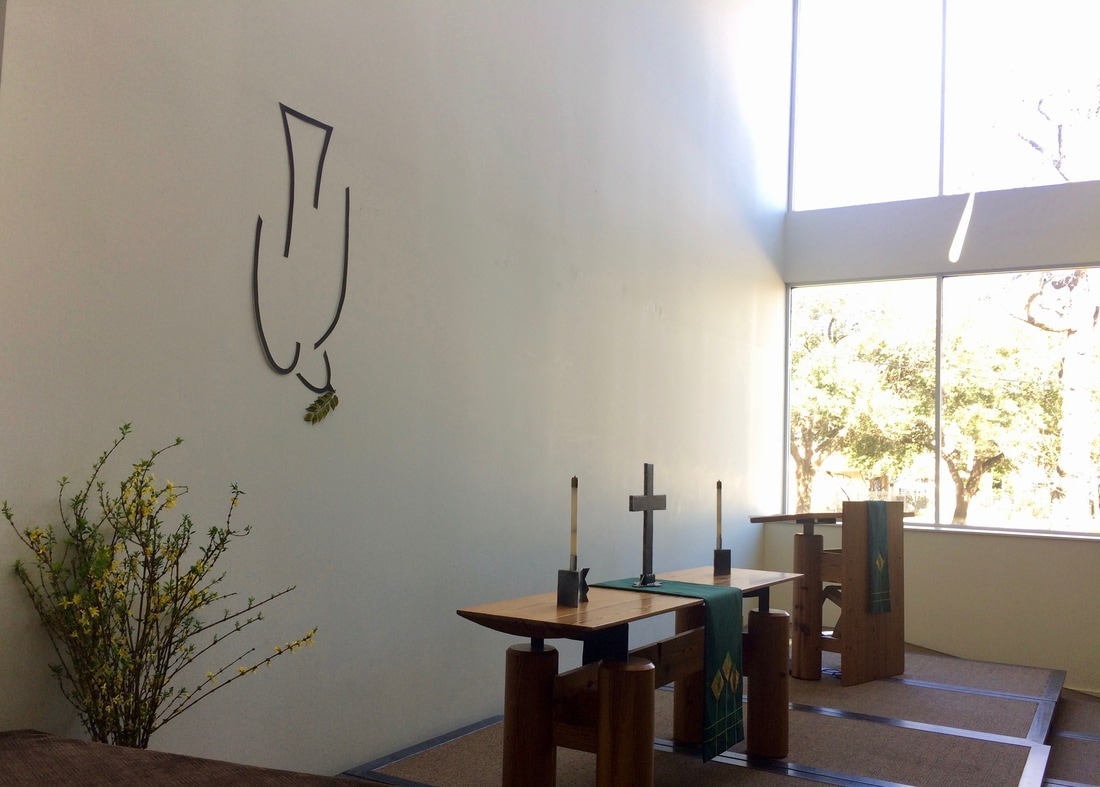
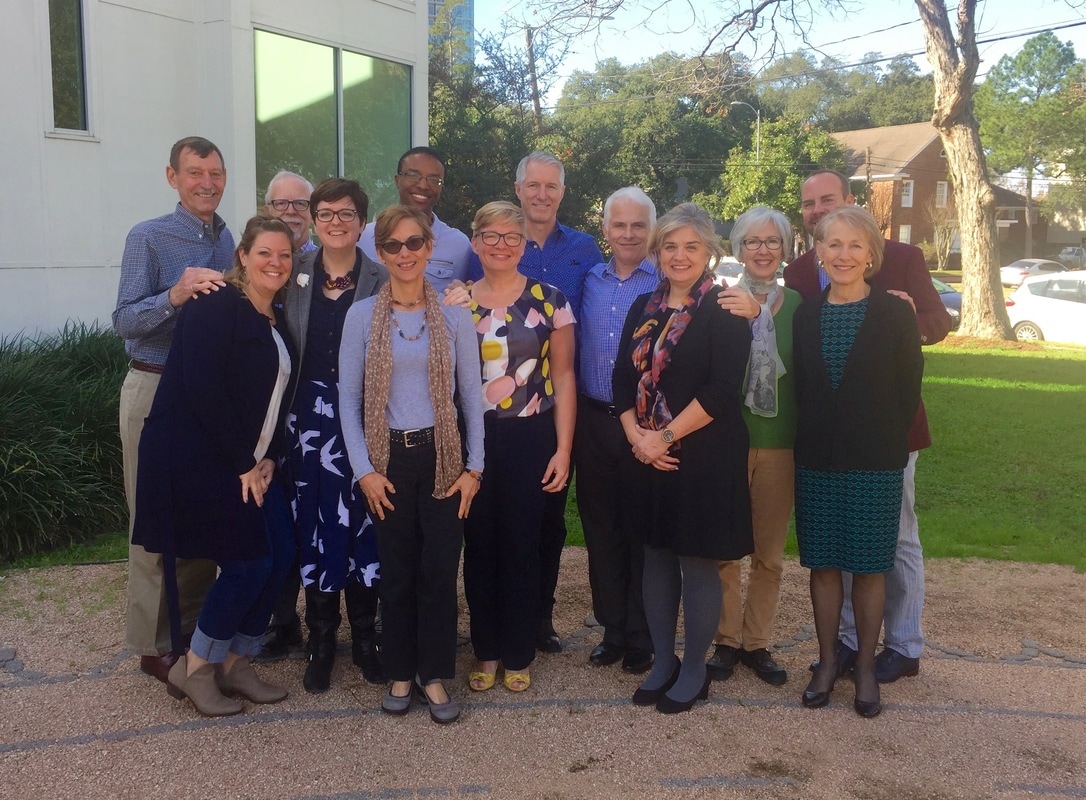
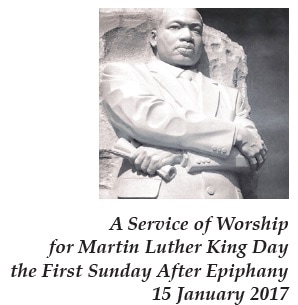
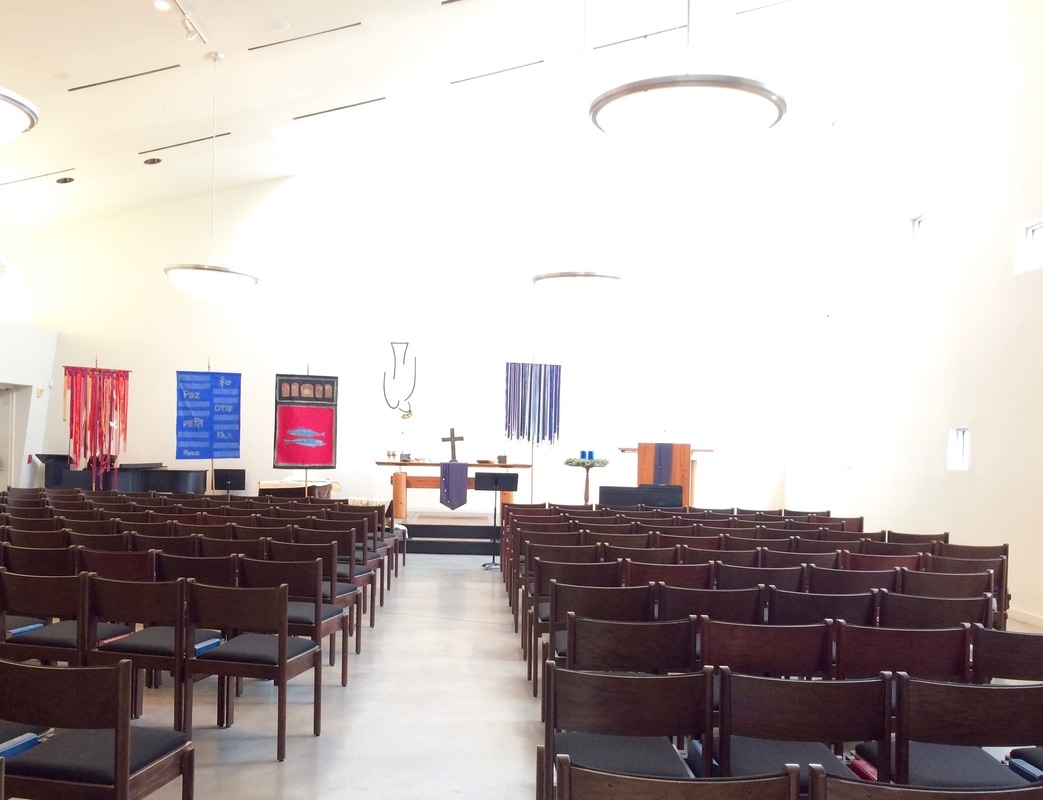
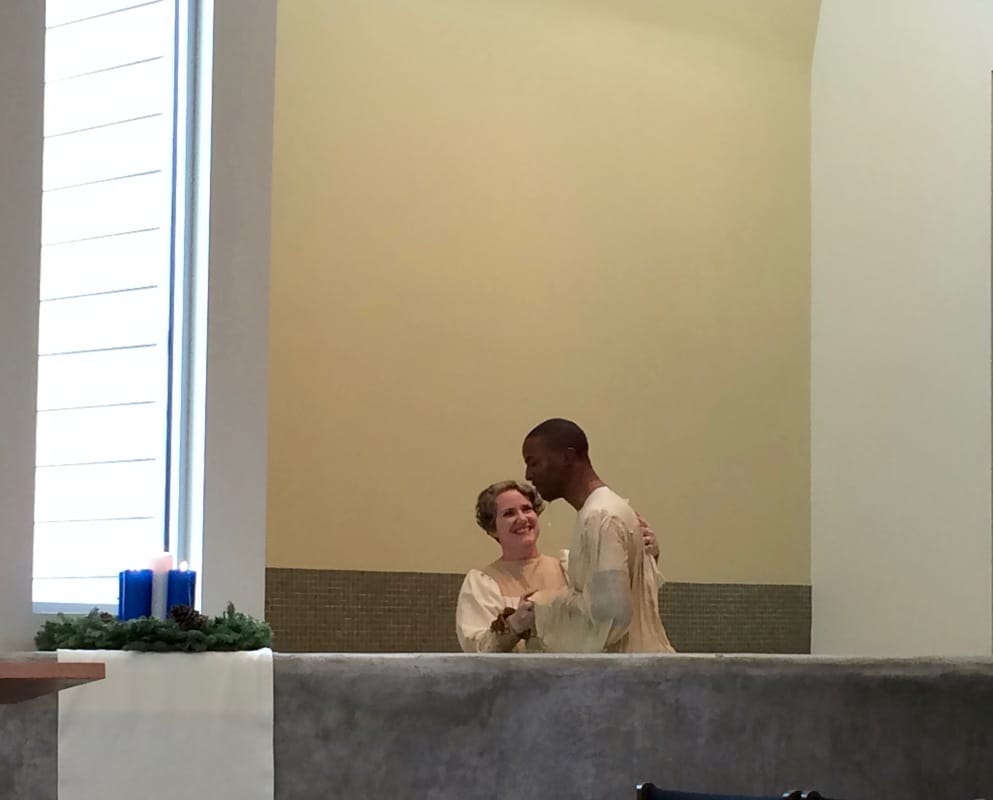
 RSS Feed
RSS Feed
